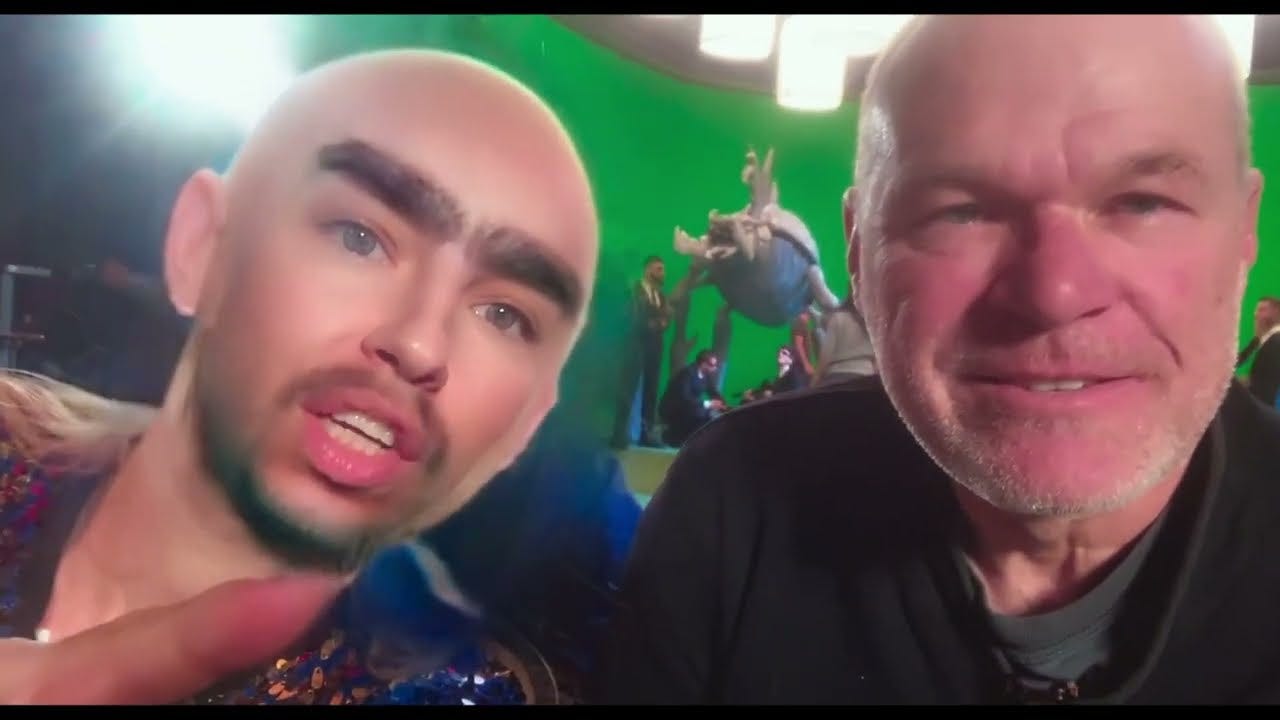'Do Not Expect Too Much from the End of the World' review: Riding shotgun, hoping not to crash
Radu Jude's savage comedy lingers in discomfort
Radu Jude’s Do Not Expect Too Much from the End of the World is the first great new release I’ve seen this year.
As ferociously angry as it is funny, Jude’s film is a howl into the overworked, underpaid abyss. He is a confident, exacting filmmaker, crafting scenes that feel freewheeling and immediate as we accompany Angela (Ilinca Manolache), a production assistant for a Romanian video company, during one hectic day on the job.
Jude’s camera stays in the passenger seat for long stretches of the film, viewing this relentlessly tired woman as she drives around a decaying, graffiti-riddled Bucharest to audition people for a worker safety video. Manolache’s screen presence is essential to the film’s success; her performance captures the seething emotions buried beneath Angela’s weary exterior.
Each of the four people Angela interviews during the film was injured and permanently disfigured. All of them were in different states of fatigue when they were injured; one had just finished a 17-hour day. But this video is not about addressing that root cause. This video is about promoting and selling safety helmets and shifting the blame to the workers.
Angela’s job is to film these candidates answering basic questions about their injuries and goading them towards admitting that safety equipment could have made a difference. She approaches all of them very matter-of-factly, even telling one of the injured workers who lost the ability to speak that he probably won’t get the job because of it.
Jude lingers in this discomfort; Angela’s sharpness cuts open the wounds that the movie mines for both humor and horror. Her detachment from the situation is a combination of exhaustion and just wanting to get the job done. Her hazy black-and-white workday drive around the city is offset with that of another Angela, this one appearing in pristine color.
Throughout Do Not Expect Too Much, Jude cuts to clips from the 1981 film Angela Goes On, about a divorced woman who becomes a taxi driver. She’s also driving around Bucharest making ends meet, but the vision of the city in this film is decidedly different.
“Angela Moves On, made during the reign of Romania’s communist dictator Nicolae Ceauşescu, is an example of what Jacques Ellul called ‘sociological propaganda,’” J. Hoberman writes in The Nation. “Shot in color and accompanied by blandly cheerful music, it focuses on a personal problem to paper over a much larger social one.”
Jude has no interest in papering over the larger social problems of contemporary Romania and beyond. In fact, these issues are distinctly woven into the personal problems of his own Angela.
An aspiring TikTok star, she films vulgar, hilarious screeds while using a filter to appear as an Andrew-Tate-like figure. Here, Jude goes from a side profile in the car to the front-facing camera on her phone. The phone footage is also shot in color, as Angela gleefully laments about all the women this persona has been with while fucking people over. In one hilarious sequence, the German director Uwe Boll joins her while she interrupts his movie shoot to pick up some camera lenses for her boss.
Getting into character is the only time in the movie she seems genuine, a paradox that I found deeply moving. What else can Angela, or any of us, do in a world that’s in free fall? Going about our daily lives can seem like a joke, so why not laugh?
Though we accompany Angela for the first 2 hours of the film- the interviews and other work errands, a meeting with her higher-ups, a hookup, an extended conversation with a client (the great Nina Hoss) she’s picking up from the airport- Jude grinds her hectic workday to an excruciating halt in the final 40 or so minutes.
Here, he uses yet another different visual aesthetic: An ultra-high definition work camera from Angela’s employer that they’re using to film the safety video.
This final stretch is all shot in a single wide take, with the winning injured worker from Angela’s interviews and their family sitting in front of the camera and filming the commercial. It’s a squirm-inducing, quietly enraging sequence. We hear the crew talking to the family off-screen, tweaking their words after every take to remove anything that hints at bad working conditions.
Angela fades to the periphery of the film here, doing a couple of vulgar video updates on the sidelines. Though she is keenly aware of the exploitation happening in front of her, she still has her side hustles to tend to. It is this tension that is key to the film: the ruthless demands of the gig economy are making worn-out monsters of us all.



